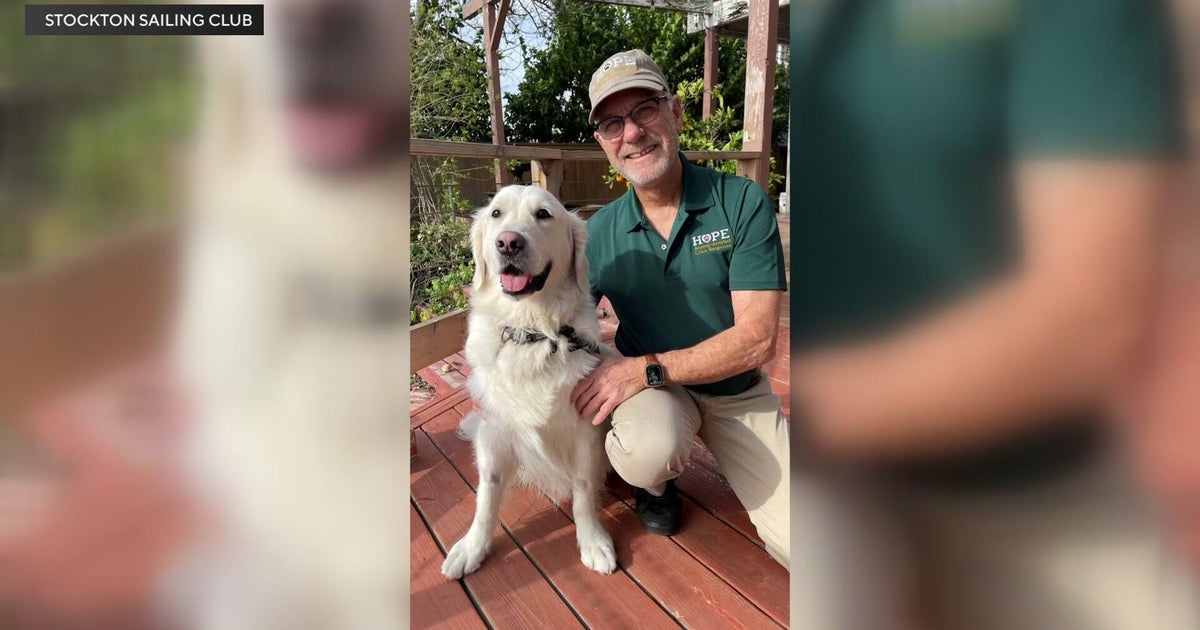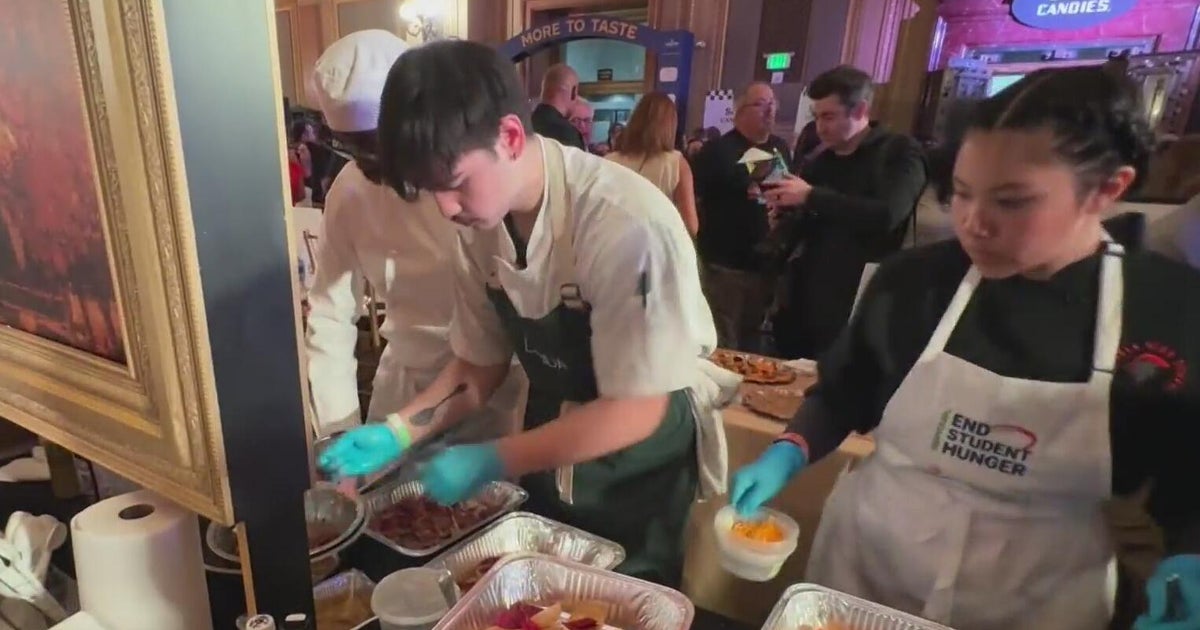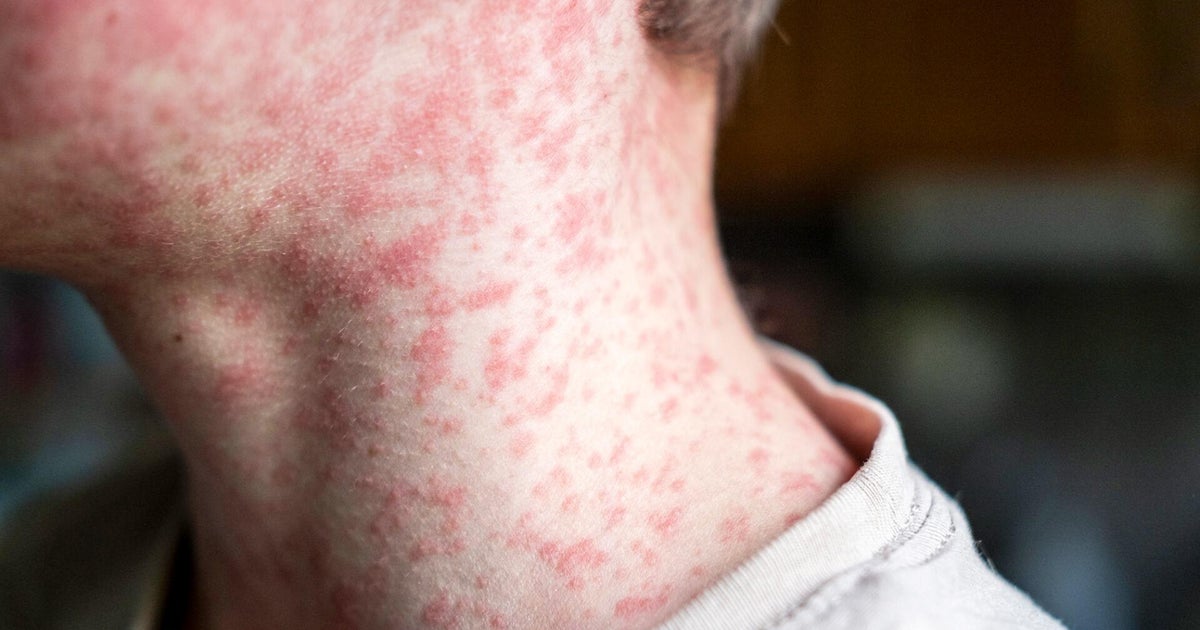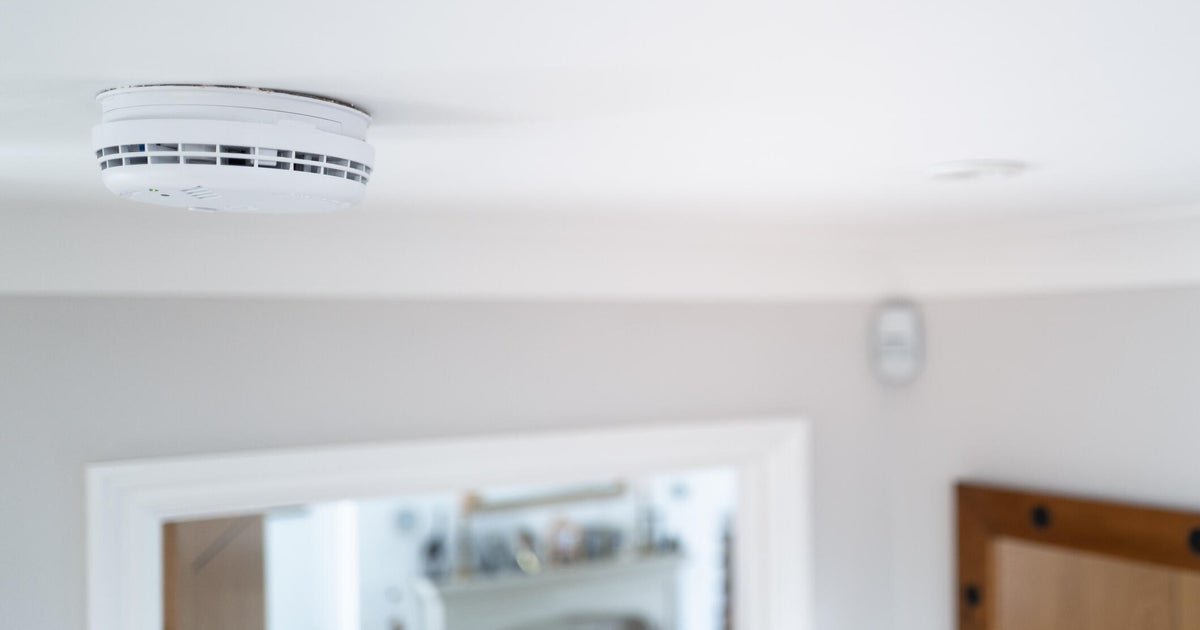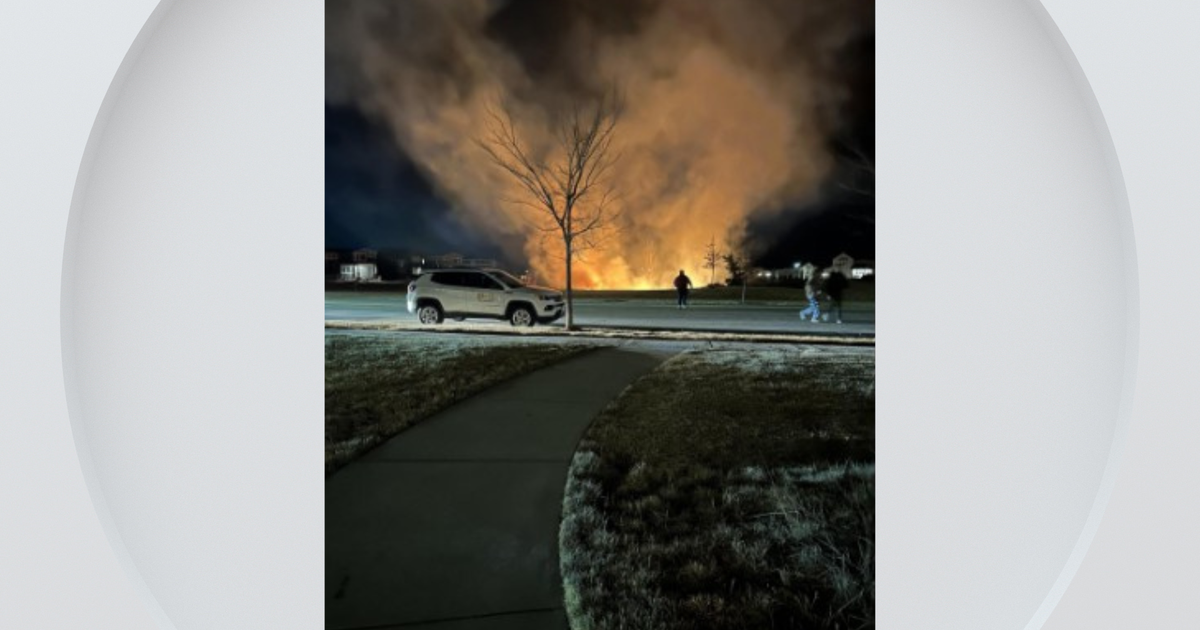September 11, 2010
After returning home from my coverage of the events of September 11, 2001, I wrote this personal narrative, that I've only shared once before. I've also included about six minutes worth of audio from my reporting during those days.
Podcast
It was certainly a unique perspective, being able to visit all three sites involved in the "Attack on America." It wasn't planned. Like so much in radio, it just worked out that way.
The primary election was our big story. I was driving from one polling place to another when I heard "breaking news" on WWJ, that a plane had flown into the World Trade Center. Like many people, I didn't even think terrorist attack until the second plane flew into the complex.
In typical breaking story fashion, our newsroom was "controlled chaos"...to the world in control, chaos for the rest of us. I called my assignment editor asking if he needed me to come back in or do something else, but he said "stay the course", because at some point we'd probably go back to normal news. I kept going, but something inside me said nobody today was going to care about the referendum that I was going to ask voters about.
As I heard the story unfold, I called the desk again. Our news director, Pam Woodley, answered and agreed that I should try to find a place where people were watching the coverage on TV. I pulled into a place called "Louies Cafe", did some interviews, got some great nat sound, and started heading back to the station, thinking that I'd produce some pieces for later...but also feeling that this story was getting bigger and bigger, and we had to get somebody to New York.
I called the desk again, speaking to our AM drive producer, Bob Mundie, who had started pushing for the same thing, first to some resistance. Our Program Director, Georganne Herbert, called in from out of town, and the resistance faded. Did I want to go to New York?
Having missed going to Oklahoma City because the News Director at the time called my home and not my pager, I wasn't going to miss another chance to see history. It's not ghoulish, but isn't this why we were in the business.
With all New York airports closed, I was booked on a 12:05 flight to Philadelphia, and then I'd rent a car and drive to New York. Then, the plane went into the Pentagon. Frankly, I was getting nervous about flying, when the government banned all flights.
Was I up for driving? Why not, we could still get there for tomorrow's AM drive. I came back to the station, picked up our newest news vehicle, which was more reliable for a long trip, but didn't have logos on it, or broadcast equipment, that I wouldn't need out of town anyway.
As I drove home to pack, more reports (which turned out to be false) came in about terror in Washington--car bombs at the Capital, planes hitting Camp David, the Executive Office Building in flames. Washington was two hours closer than New York, so I headed in that direction. I had already committed by the time we learned that many of the early reports were false.
As a native of Western Pennsylvania, I knew I had to go right by Somorset on my way to Washington. As I got close to Pittsburgh, I heard information about that crash on local radio that I hadn't heard on network radio. So, as I drove, I ad libbed reports. It wasn't pretty, but it gave us a presence on the story, and let our listeners know that we had somebody on their way to cover the big story.
It was sunset when I arrived at the press staging area near the crash site. A news conference with the FBI and Pennsylvania State Police was just ending. Both the FBI agent in charge and the State Police Major stuck around long enough to give me some quick tape.
I did a live shot, filed some pieces for WWJ and CBS, and was on my way to DC. Total time at the site, maybe an hour.
At about 11, I stopped at a motel in Frederick, MD for a few hours sleep. I was also able to catch the 11 O'Clock news from Washington DC, which gave me some things to talk about that would be different than network reports. I set the alarm for 3 AM, and woke up at 2:00.
I'll never forget when I first saw the smoke coming out of the Pentagon. That's when the enormity first hit me. I was able to find the media staging area, and while there were no "official spokesman", I had a great view, and there were people to talk with, like the woman who was waiting for word of her missing husband.
Our Infinity music stations in Detroit were more interested in information than usual. So, I did live reports on several FM's...generally answering questions from the morning hosts.
I went live from that site until 7:30 AM, fed a few pieces, and then took a drive through the downtown area, reporting on the increased security, and the general atmosphere of the city.
I was on the road for New York by 9:30, ad libbing live reports, all the way. At a rest stop, I ran into some Charleston, SC police officers, who were coming up to help. They were more than happy to talk with me. I had some tape for PM drive.
Knowing that the three most important rules of all news are go live, go live, go live...I didn't even try to get into Manhattan. I parked myself on the other side of the Hudson river, watching the smoke rise up, and going live.
I was fortunate that my wife has family in New Jersey. I slept a couple of hours in their guest room, and was on the 4:22 train to Penn Station. I had no idea what I was going to do when I got there. But, I fed a piece from the train for 5 AM use, and went live at 5:30 from the station.
I ran into a group of five police officers, who told me which subway train to take to the barricades. When I got to Houston Street, it was blocked off, and there was a clear view of the wreckage, with rescue crews coming and going, and people asking about missing relatives. I had tape, and a seat on a park bench. I decided for the time being that this would make a great WWJ New York Bureau.
For the next two hours, I went live for WWJ...and helped CBS by doing live "two ways" with affiliates in Boston, Los Angeles, Seattle and Toronto...as well as two of our sister stations in Detroit. I also fed some pieces.
At 8 AM, I started the daunting task of trying to get through the police lines with my Detroit press pass, but without an "official" New York City press pass.
I had no luck getting through the lines where I was, but the officer told me that if I walked down to West Ave, I'd have a better view. I saw a crowd of people there, that I thought was some onlookers. When I went over to get some tape, I found that this was some other reporters trying to get through.
The sergeant in charge was right out of central casting. Tough, with a heavy New York accent, he was announcing boldly that nobody was getting through without the official New York Press Pass. I held up my Detroit pass. He gave me a phone number...said call them, get the name of somebody who would authorize me and get back to him.
I could never get through to the number. So, I went back to him to try to see if I could "charm" him into reconsidering. As he was arguing with somebody else, I saw a group of reporters getting onto the back of a flatbed truck...so I just blended in with them. I didn't know where I was going, but I figured it was better than where I was.
As we started moving toward the trade center, I pulled out my phone, called the station and told them I was approaching the building...and put me on the air, now. As I bounced around the back of the truck, I ad libbed a description of the scene.
The truck stopped. We got out in front of a sea of TV trucks and camera positions. I was in...but I wasn't sure for how long, or where I was going to go from here. It looked like this was the closest they were going to let me go.
Then I saw somebody with a WCBS microphone. It was reporter Peter Haskell. From our CBS connection, I'd heard of him and he'd heard of me. He told me how disorganized everything was, and how you could use that to your advantage. He then pointed out a group of media being escorted ahead...I ran and caught up to them. Once again, moving up, destination unknown.
We arrived at an assembly area for volunteers. Then I noticed residents wandering around the streets, unbothered by police. I'd finally reached a point where so much was going on that police weren't worried about stopping you, unless you got in the way.
I got some great tape from residents, and rescue volunteers. I kept moving closer and closer until I got to within about five blocks of the building, where I could look directly into the pancaked building and the smoldering wreckage. Cell phone use was spotty...but when I got out, I was able to file some very descriptive reports.
I ran into Mike Dunn of our sister station, KYW, Philadelphia. He was getting a dust mask and asked me if I wanted one. Having recently seen my father-in-law die of lung disease, it didn't take me long to say yes.
Armed with at least some protection, I wandered the side streets near the trade center. I found out quickly that police would throw you out of areas where they didn't want you...but there was no real fear of being arrested. It was hit and miss, but I saw some incredible sights.
Until I got in there, I thought it was a cliché, when I heard people call it a "war zone." Now I think it's an understatement. Crushed cars were piled on top of each other, I saw a fire truck moving through the street with a crushed roof, and concrete piled on the top. There was dust everywhere, and the smoke from the building was above me, blotting out the sun.
I tried to talk to a shopkeeper, who was returning to his store for the first time. But, when I asked to interview him, he just started crying. I apologized and walked away. He apologized and invited me back, after he composed himself.
I spoke to a firefighter who was tired and angry. His own father had died in a fire thirty five years ago. Now he had lost 300 brothers.
There were soldiers patrolling the roads in humvees. I was soon pushed back. But I had a number of great stories.
After doing several live shots, my batteries were dying on the two cell phones I had. I traveled up town to file afternoon drive reports from CBS.
We decided that barring anything unforeseen, I'd finish up Friday morning, and then head home in the afternoon. I awoke at 1 AM to the sound of a fierce thunderstorm. After giving it a lot of thought, I decided that I had plenty of tape, so going live was more important than returning to Manhattan and risking ruining my equipment in the rain. I did my last series of live shots from New Jersey, fed fresh material for PM drive, and started heading back home.
I thought I was done, but sometimes you get some breaks that you don't anticipate. At a rest stop, I noticed some firefighters with shirts that read "Dexter Fire and Rescue." It couldn't be Dexter, Michigan. It was! They were heading home and willing to talk.
The tape was great. I fed new reports for PM drive, and my previous reports became weekenders.
At a gas station, I saw a van with the words Andrews University. That's a small Seventh-day Adventist school in West Michigan. Most people have never heard of it. My wife is an Adventist, so I noticed the name immediately.
They were grief counselors, heading to New York. Again, they were happy to be interviewed. Now I have a new story for Monday morning.
The trip helped reinforce several rules that I've come to live by over the years. Prepare..but be willing to throw out the plan if you need to. Keep your eyes and ears open. Don't be afraid to ask other reporters for help, especially those from stations owned by your company. Give help yourself. You don't have to take no for an answer. Even when it seems you don't have anything, you often have enough interesting information to ad lib a report.
